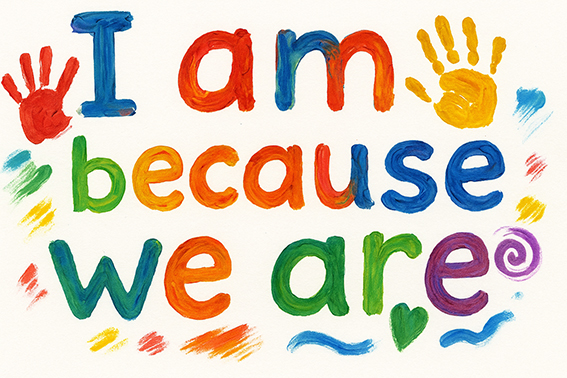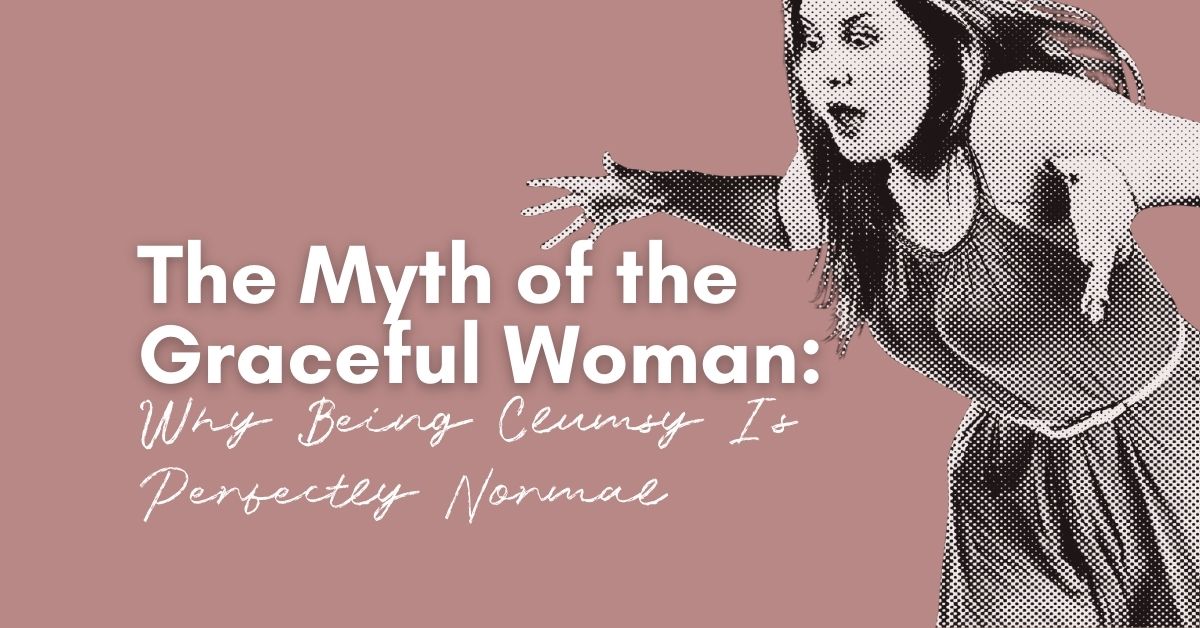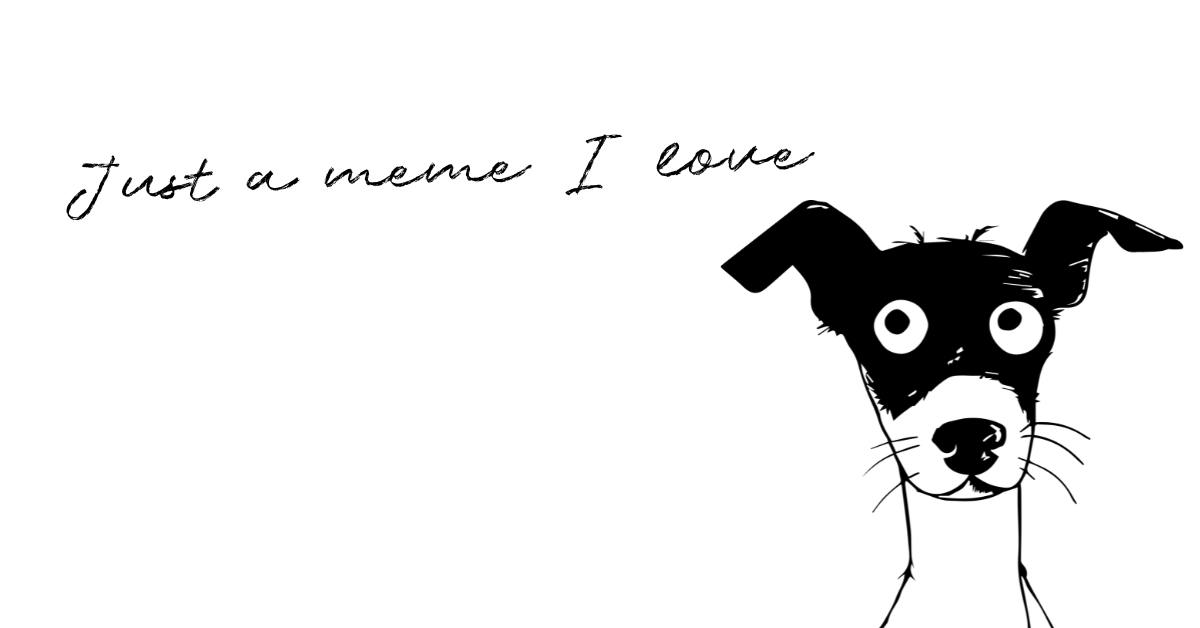
1 · Returning to the House That Held Our Breath
Zola was seven when we steered back into Goodwood’s quiet grid of post‑war houses, hunting for the low‑slung building neighbours still call Ubuntu House. My palms stuck to the steering wheel the way they had seven years earlier, the day a social worker placed a two‑month‑old stranger in my arms and told me I was now a parent.
Then, the front garden felt like a border post between two emotional republics: on one side, certainty that the next breath would change our lives; on the other, terror that we weren’t ready. Now, the same gate squeaked its welcome, and the hibiscus hedge, once taller than my courage, looked almost friendly.
“Smells like someone’s cooking pap n sous,” Zola announced, inhaling.
“You noticed the food first,” I laughed. “You really are my child.”
We signed the visitors’ book and stepped inside a building that has perfected the art of pause. Ubuntu House exists because South African law grants birth mothers a two‑month window to reverse an adoption decision. That pause protects everyone: the woman processing heartbreak, the baby adjusting to gravity, and the would‑be parents guarding their hearts like porcelain.
Archbishop Desmond Tutu once explained ubuntu this way: “You can’t be human all by yourself.” Ubuntu House is that sentence turned into bricks, cribs, and the gentle swoosh of a steriliser. It’s a village waiting room—where communities, not just couples, learn how much courage it takes to love with an open hand.
2 · The Parable of Zola — An Unfinished Adoption
Zola remembers nothing of her sixty days in the House; memory begins for her with crayons, not cribs. Yet returning unlocked faint echoes: the rattle of a metal cot, the warmth of a volunteer’s palm, a lullaby in two languages. She traced a finger along the nursery wall where eight identical cots stood like empty parentheses, waiting for sentences.
A veteran caregiver, Auntie Nomsa, hugged us both. The hug smelled of cocoa butter, disinfectant, and defiant hope.
“Each baby who leaves takes a family,” she said, “and each family takes the rest of us. We never cut the umbilical cord, we splice it.”
Splice. The word vibrated like guitar feedback. Zola’s origin story is not a tidy arc from orphan to Hallmark montage; it is a braid of birth‑mother bravery, legislative patience, caregiver stamina, and adoptive bewilderment. The book remains open, scribbled in pencil rather than ink.
South Africa’s own saga is equally pencilled. We’ve written luminous chapters—1994’s ballot queues snaking around township classrooms—and blacked‑out pages stained by Marikana shootings, state capture, and xenophobic violence. Draft after draft, we edit, erase, annotate, argue. Our national manuscript won’t be published in hardback during our lifetime, yet footnotes accumulate daily.
3 · Zoom‑Out — A Nation in the Waiting Room
Every society keeps a waiting room, a liminal space between what was and what might become. Ours is the Home Affairs queue, the voting‑day school hall, the taxi where eight languages debate potholes and rugby in the same breath.
Zimbabwean historian Stanlake Samkange distilled ubuntu into three maxims; the first insists: “I affirm my humanity by recognising yours.” Yet our news feeds roar the opposite: electric fences, algorithmic outrage, dinner tables split by power cuts. We resemble new adoptive parents, terrified the country might change its mind and reclaim the fragile optimism we clutch.
Voices from the Waiting Room
| Voice | What they say | What they fear | What they hope |
|---|---|---|---|
| The Economist | “GDP is a national mood ring; when trust dips, capital flees.” | Permanent junk status. | Policy that marries growth with equity. |
| TikTok Comedian @AuntyFats | “Can we braai without dragging Eskom into the marinade?” | Being cancelled by both Left and Right. | Humour as a pressure valve. |
| Taxi Driver Vusi | “Ek ry ’n land wat nog soek vir homself.” | Politicians weaponising diversity. | Kids who can dream in any language. |
| Adoption Social Worker K. Naidoo | “Families think the two‑month pause is cruel. It’s mercy—for everyone.” | That adoptive parents ghost the House once papers clear. | Kin‑across‑difference, lifelong. |
| Grade‑12 Matriculant Lerato | “We’ve only known democracy, but not equality.” | That opportunity is postcode‑dependent. | A bursary—and safe streets to walk to class. |
Each fear is legitimate, each hope fragile; all share the same cramped lobby with flickering fluorescent lights.
4 · The Long Table Metaphor
Imagine South Africa as a never‑ending farmhouse trestle stretching from Musina to Muizenberg. Seats are unassigned; you arrive with a story and a spoon. You’re expected to eat and listen in equal measure.
Eating together is one of humanity’s oldest hacks for turning anxiety into appetite. Anthropologists call it commensality; grandmothers call it “Have you eaten, my child?” Food metabolises hierarchy into humility, suspicion into seasoning.
So what belongs in the shared pot—a dish so unmistakably South African that even picky eaters will lean in?
5 · Recipe — Ubuntu Pot (Rainbow Samp‑&‑Bean Stew)
A base as humble as a baby’s first porridge, yet sturdy enough to host a carnival of toppings.
Ingredients (Serves 8 at the Long Table)
| Element | Why it matters |
|---|---|
| 2 cups samp (cracked maize) | Staple in Xhosa kitchens; edible heritage. |
| 2 cups sugar beans | Protein for vegans and carnivores. |
| 1 large sweet potato, cubed | Sweet resilience from Mpumalanga soils. |
| 1 cup butternut, diced | Gold‑orange like a flag square. |
| 1 tin coconut milk | Cape Malay nod; lactose‑free comfort. |
| 2 tbsp peanut butter | West‑African echo & allergy conversation‑starter. |
| 1 tbsp mild curry powder | Durban warmth without nuclear fallout. |
| 2 cloves garlic, 1 thumb ginger | Immune boosters & gossip deterrents. |
| Bouquet fresh thyme & bay | Auntie Nomsa’s secret. |
| Salt & cracked black pepper | Because people confuse “season” with “spice”. |
Method
- Overnight Prelude – Soak samp and beans separately under moonlight; they, too, need a cooling‑off period.
- Union Ceremony – Rinse, then simmer both in 2 L salted water until nearly tender (≈60 min).
- Colour‑In – Add sweet potato, butternut, garlic, ginger, herbs; cook 20 min.
- Cape‑Malay Kiss – Stir in curry powder, coconut milk, peanut butter; simmer 10 min until velvet‑thick.
- Serve – Ladle into enamel mugs. Invite toppings from the Side‑Dish Carnival.

Side‑Dish Carnival (Choose‑Your‑Own‑Identity)
- Fire‑Charred Boerewors Coins – for protein maximalists.
- Bright Mango Atchar – sweet‑acid punch, vegan.
- Hand‑Ripped Dhania & Mint – herb bridge between spice provinces.
- Crisp Pap Chips – gluten‑free crunch for texture anarchists.
- Vegan Chakalaka – because the pot still needs gossip.
- Pickled Beetroot Hearts – sour‑sweet apology for yesterday’s arguments.
The genius of Ubuntu Pot isn’t culinary complexity; it’s social architecture. A neutral base welcomes any condiment personality that drizzles onto it, exactly how a nation should welcome whichever narrative occupies the chair beside ours.
(Want dessert? Slice naartjies in half, dip the cut sides in brown sugar and set them caramelising on the dying coals. Simple, smoky, bittersweet—like history.)
6 · When the Ladle Is Missing — Accountability at the Table
What happens when someone hogs the ladle—when corruption siphons gravy from the communal pot? Ubuntu is neither naïve nor a scented candle; it demands mutual obligation.
Consider load shedding—briefly a joke, now a chronic ulcer on national time. We can rage on Twitter or we can organise street‑by‑street solar co‑ops, turning candle misery into micro‑grid resilience. When a councillor parks a luxury SUV outside a crumbling clinic, we can meme the hypocrisy or crowd‑fund pressure gauges for the maternity ward’s oxygen supply.
Ubuntu’s darker twin is ubuvila—slothful indifference. Compassion without accountability curdles into charity cosplay. Accountability without compassion mutates into punitive purism. The ladle must circulate—grease the hand if you must, but pass it on.
7 · Practical Acts of Micro‑Ubuntu (Calories Included)
- Adopt a Kilometre – Greet every security guard, hawker, and cleaner by name for 30 days.
- Pass the Salt Online – Rewrite your hottest rebuttal as a sincere question before posting.
- Kitchen‑Chair Amnesty – Host supper where each guest brings a grievance with another guest; eat first, talk second.
- Library Receipt Roulette – Tuck an encouraging note inside a returned library book.
- Civic Cooling‑Off Period – Wait 48 hours before deciding you’re outraged.
- Electric‑Fence Fika – Once a month, invite the neighbour whose dog keeps you awake to coffee over the wall.
- Queue DJ – Create a shared playlist via Bluetooth speaker while everyone waits at Licensing. Democracy is easier in 4/4 time.
- Mentor in the Dark – Offer load‑shedding study sessions lit by rechargeable lanterns at the local hall.
- Grocery‑Basket Swap – Switch shopping lists with a friend from another culture and cook each other’s supper.
- Two‑Month Mercy Challenge – Practise a cooling‑off period in personal conflict: no final words, no ultimatums, for sixty days. If Ubuntu House can hold a baby that long, you can hold your fury.

8 · Conclusion — Leaving the House, Extending the Table
As dusk melted across Goodwood, Zola pressed her forehead against Ubuntu House’s gate.
“Did I cry a lot here?” she asked.
“No,” Auntie Nomsa smiled. “You slept, you ate, and every time we picked you up, you looked.”
Looked—present continuous tense. Zola is still looking, scanning horizons for blank pages she will someday fill. So, too, is South Africa. Our village house is vast; its rooms echo with unfinished sentences; its long table stretches beyond the throw of any single candle.
When we finally drove away, Zola waved through the rear window. I realised she wasn’t saying goodbye; she was resetting the horizon line between who she has been and who she might still become.
If a child’s first home can teach patience to legal systems, courage to birth‑mothers, and endurance to strangers who may never again see her face, imagine what a country of sixty‑two million could teach itself—if we sat down, passed the ladle, and tasted the stew before criticising the menu.
Let the tears come—of sadness for what’s broken, of joy for what still breathes. Then wipe them away with the corner of a neighbour’s serviette. Hope survives exactly there: in the messy, generous moment where my humanity needs yours to taste like anything at all.



